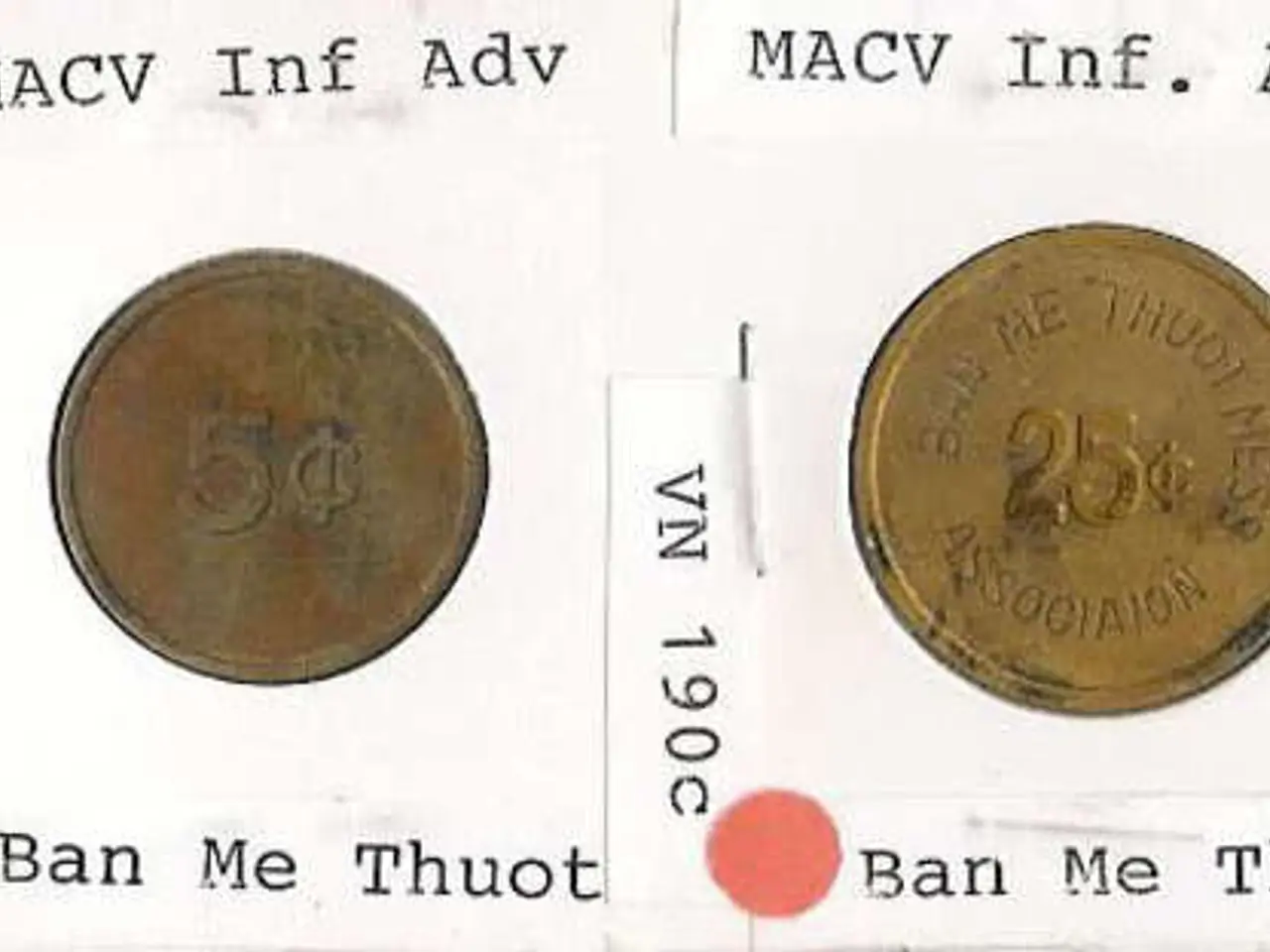Legislators in South Carolina Introduce New Legislation for Sports Gambling
In the ever-evolving landscape of sports betting, several states in the region and beyond have made significant strides in legalizing and regulating this popular pastime. Let's take a look at the current status of sports betting in South Carolina's neighboring states and nearby regions.
North Carolina has fully embraced sports betting, with online and retail options now operational since March 2024. The key bill, HB 347, was signed into law by Governor Roy Cooper on June 14, 2023, allowing up to 12 online sportsbooks and 8 retail sportsbooks with required partnerships with professional sports organizations or venues. Major operators such as BetMGM, Caesars, and FanDuel are already active in the market, and regulations are being refined to address issues like potential bans on certain prop bets and discussions on eSports betting [1][2][3][4].
In contrast, Georgia has yet to legalize single-event or general sports betting. While the state has a strong existing casino and lottery market, and some forms of sports betting such as parlay bets through its lottery are legal, comprehensive sports betting legislation allowing online or retail sportsbooks has not been passed [5].
South Carolina itself has not yet legalized sports betting broadly. However, the state has been considering legislation for some time, and a key bill, HB 5277, has been introduced. This bill, sponsored by Rep. William Herbkersman (R) and Rep. Todd Rutherford (D), would legalize online and retail sports betting in South Carolina, allow between eight and 12 online sports betting platforms to operate, and impose a tax rate of 10% on adjusted gross sports betting revenue [6].
Moving further afield, Kansas legalized sports betting with online and retail options starting in 2022, and Missouri legalized sports betting via a 2020 voter initiative, with both retail and online sports betting launching in 2023 [7].
Minnesota does not yet have authorized commercial or online sports betting, though tribal operators have expressed interest and legislation has been proposed in recent years. The market remains limited and largely inactive legally [8].
To ensure a responsible and well-regulated sports betting environment, HB 5277 establishes a Lottery Commission Sports Wagering Advisory Council in South Carolina. This council will advise on best practices and provide "administrative and technical" assistance to the lottery [6]. Participants in sports betting must be at least 21 years old, and 80% of sports betting revenue will be allocated to the education lottery account, 15% to the general fund, and 5% to the Department of Mental Health for problem and responsible gaming programs [6].
Interestingly, West Virginia initially considered requiring the use of official league data but abandoned the idea during the legislative process [9]. As of 2022, more than 30 states have legalized sports betting in some form since 2018 [10].
It's worth noting that Georgia has tried and failed to legalize wagering in each of the last three sessions [5]. With the momentum building in neighboring states, it will be interesting to see how the sports betting landscape continues to develop in the region.
[1] North Carolina sports betting: What you need to know about online betting in NC
[2] North Carolina sports betting: HB 347 explained
[3] North Carolina sports betting: What you need to know about retail sports betting in NC
[4] North Carolina sports betting: Market analysis and operator overview
[5] Georgia sports betting: Why has the Peach State yet to legalize wagering?
[6] South Carolina sports betting: What you need to know about HB 5277
[7] Kansas sports betting: A comprehensive guide to the Sunflower State's sports betting market
[8] Minnesota sports betting: The latest on the North Star State's sports betting market
[9] West Virginia sports betting: A look at the Mountain State's sports betting market
[10] The current state of sports betting in the United States
- In North Carolina, sports betting is fully legalized and operational, with options for both online and retail betting, as of March 2024, under the guidelines of HB 347.
- Despite a thriving casino and lottery market, Georgia has not yet legalized single-event or general sports betting, though discussions about comprehensive sports betting legislation are ongoing.
- South Carolina is considering legislation, such as HB 5277, to legalize both online and retail sports betting, with eight to twelve online sports betting platforms planned, and 80% of sports betting revenue allocated to the education lottery account.
- While Minnesota does not have authorized commercial or online sports betting as of yet, tribal operators have expressed interest, and legislation has been proposed in recent years.






